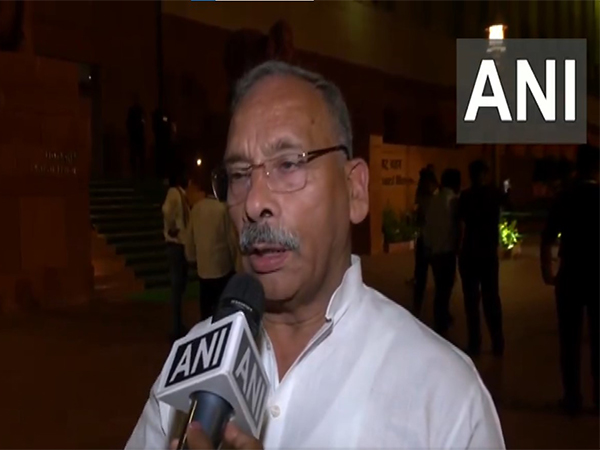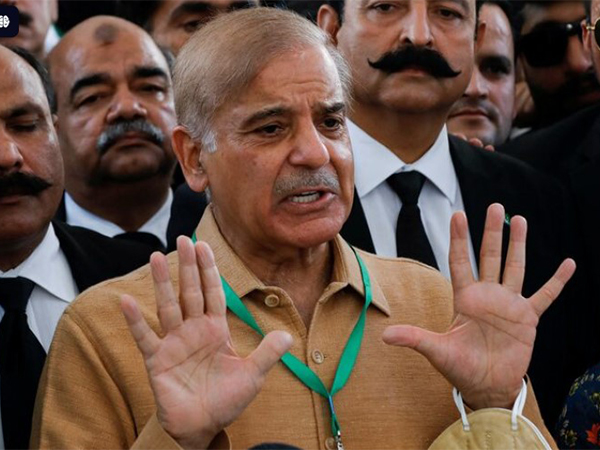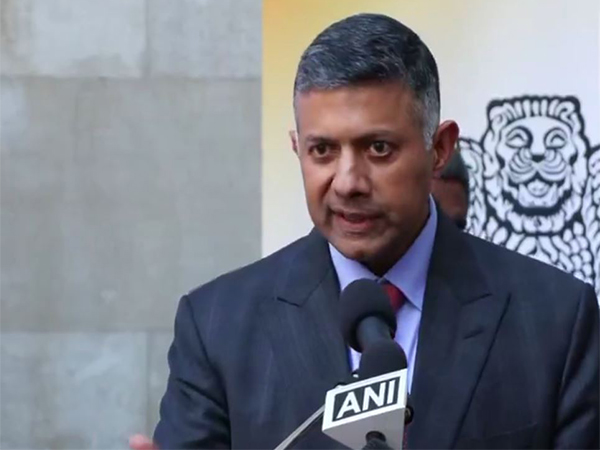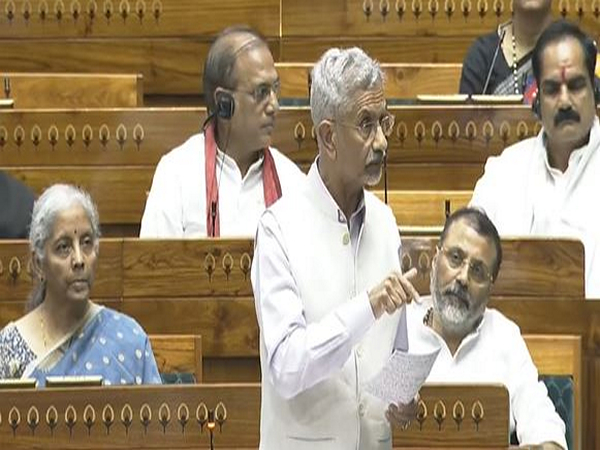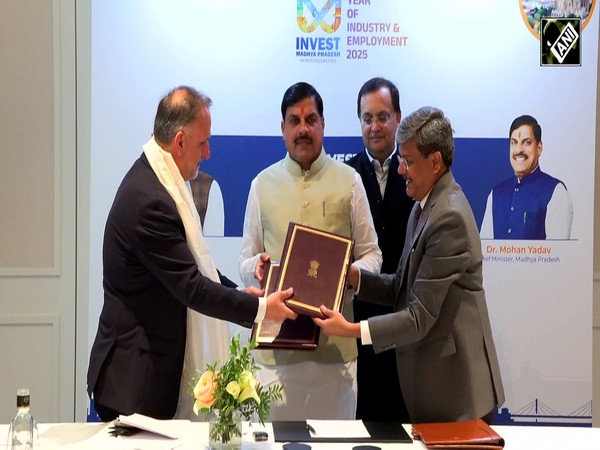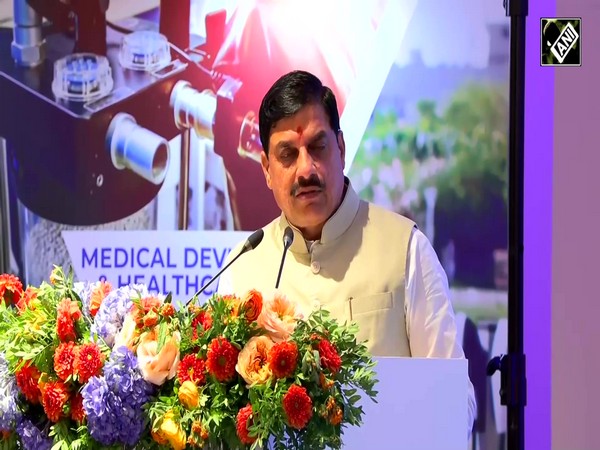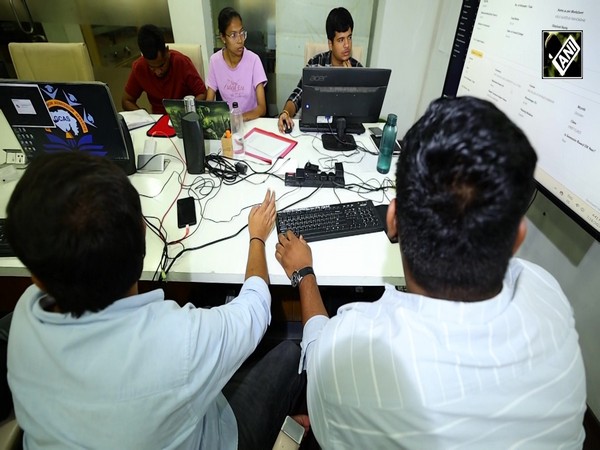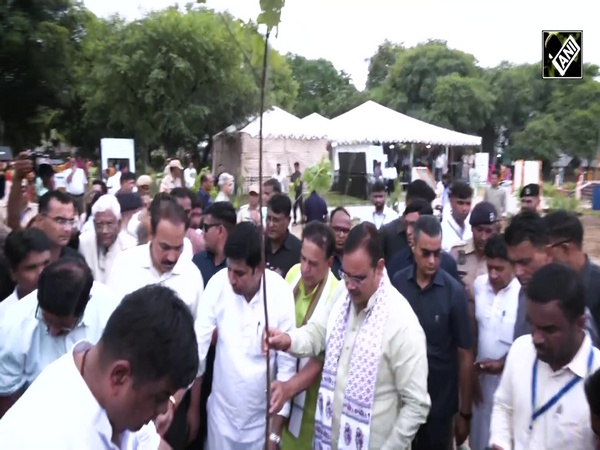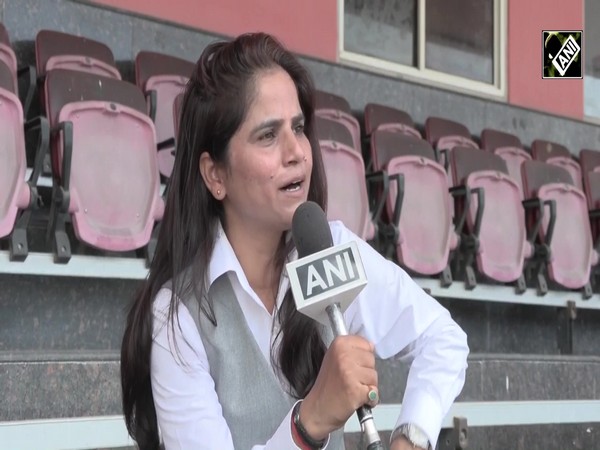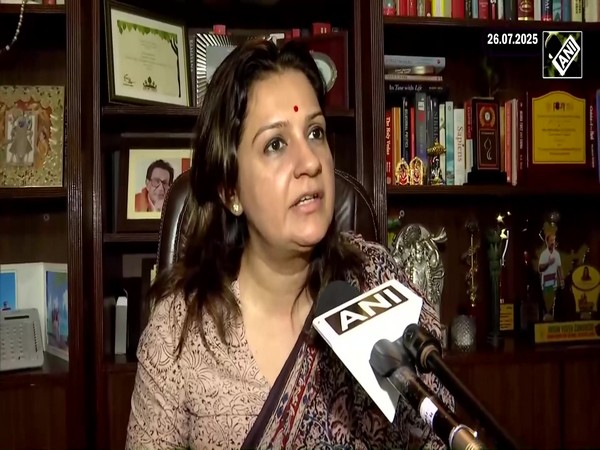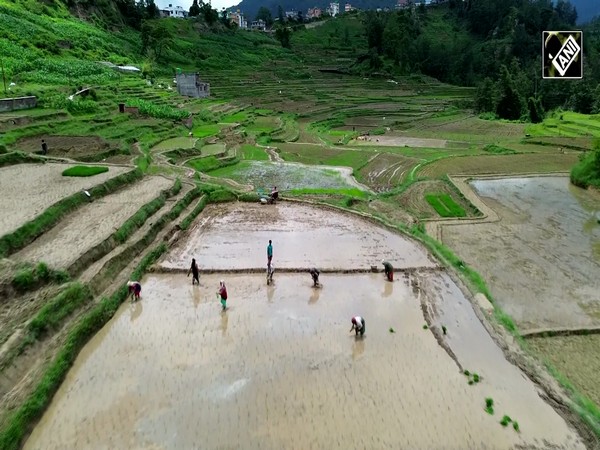Green finance recovery mechanisms needed to meet infrastructure gap in Southeast Asia: ADB
Oct 07, 2020

Manila [The Philippines], October 7 : The Asian Development Bank (ADB) has urged policymakers in Southeast Asia to use green and innovative financing approaches to help catalyse the estimated 3.1 trillion dollar investments required for climate-adjusted infrastructure in the region by 2030.
These investments from both public and private sources will be critical to the region's economic recovery from the coronavirus disease (COVID-19) pandemic, it said in a new book titled 'Green Finance Strategies for Post-COVID-19 Economic Recovery in Southeast Asia.'
The book was launched on Wednesday on sidelines of 7th Annual OECD Forum on Green Finance and Investment.
It explores innovative, environmentally sustainable and climate-resilient financing instruments like green and transitions bonds for COVID-19 recovery, blue credits for oceans financing and green securitisation while also providing examples of ADB-supported green initiatives.
"A green recovery for southeast Asia is needed to encourage long-term, sustainable job creation in a region with more than 650 million people," said ADB Vice President Ahmed M Saeed.
"It will boost equitable growth, protect the environment and help governments meet the Paris climate agreement targets. This timely book shows how green finance can spur growth in the region and overcome the challenges of climate change and a global pandemic."
Green finance refers to all financing instruments, investments and mechanisms that contribute to climate and environmental sustainability goals. It aims to reduce greenhouse gas emissions, boost climate resilience and improve environmental protection like air and water quality, ecosystems and biodiversity.
With a growing green finance market in developing Asia, ADB committed 6.5 billion dollars in climate finance from its own resources in 2019.
ADB aims to reach a cumulative 80 billion dollars from 2019 to 2030 in climate financing under its Strategy 2030 with a commitment to make 75 per cent of all ADB projects climate relevant by 2030.




